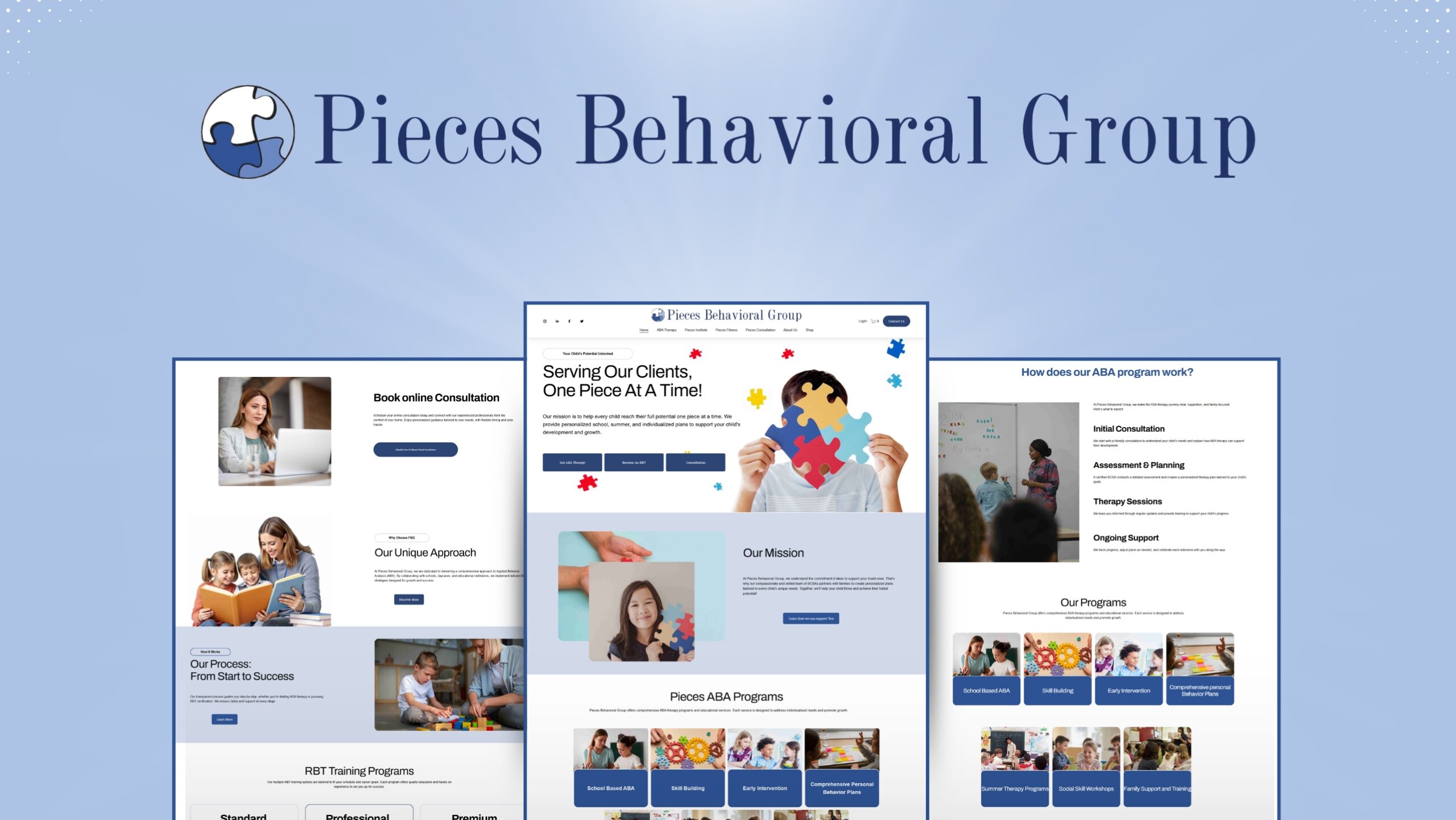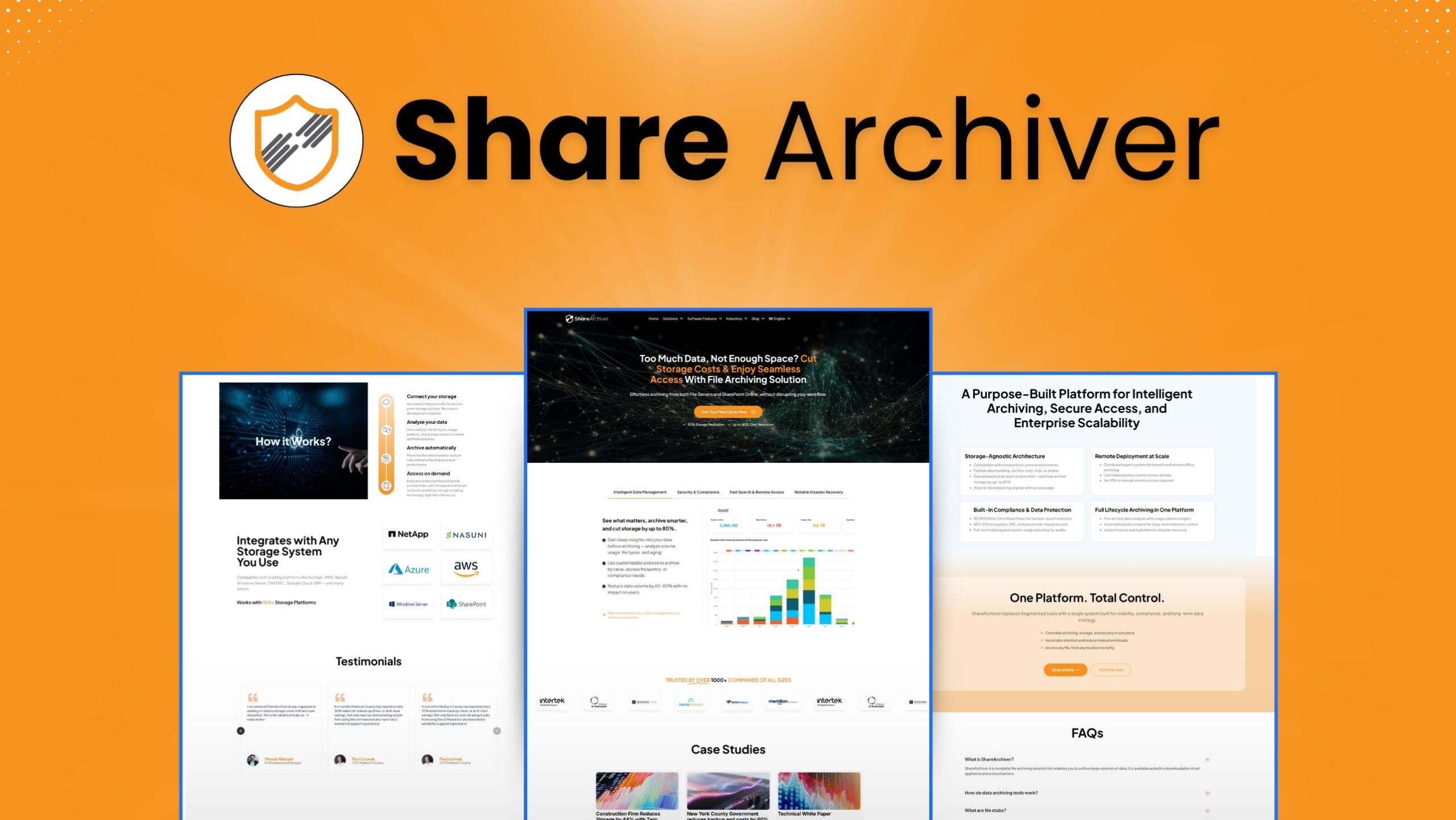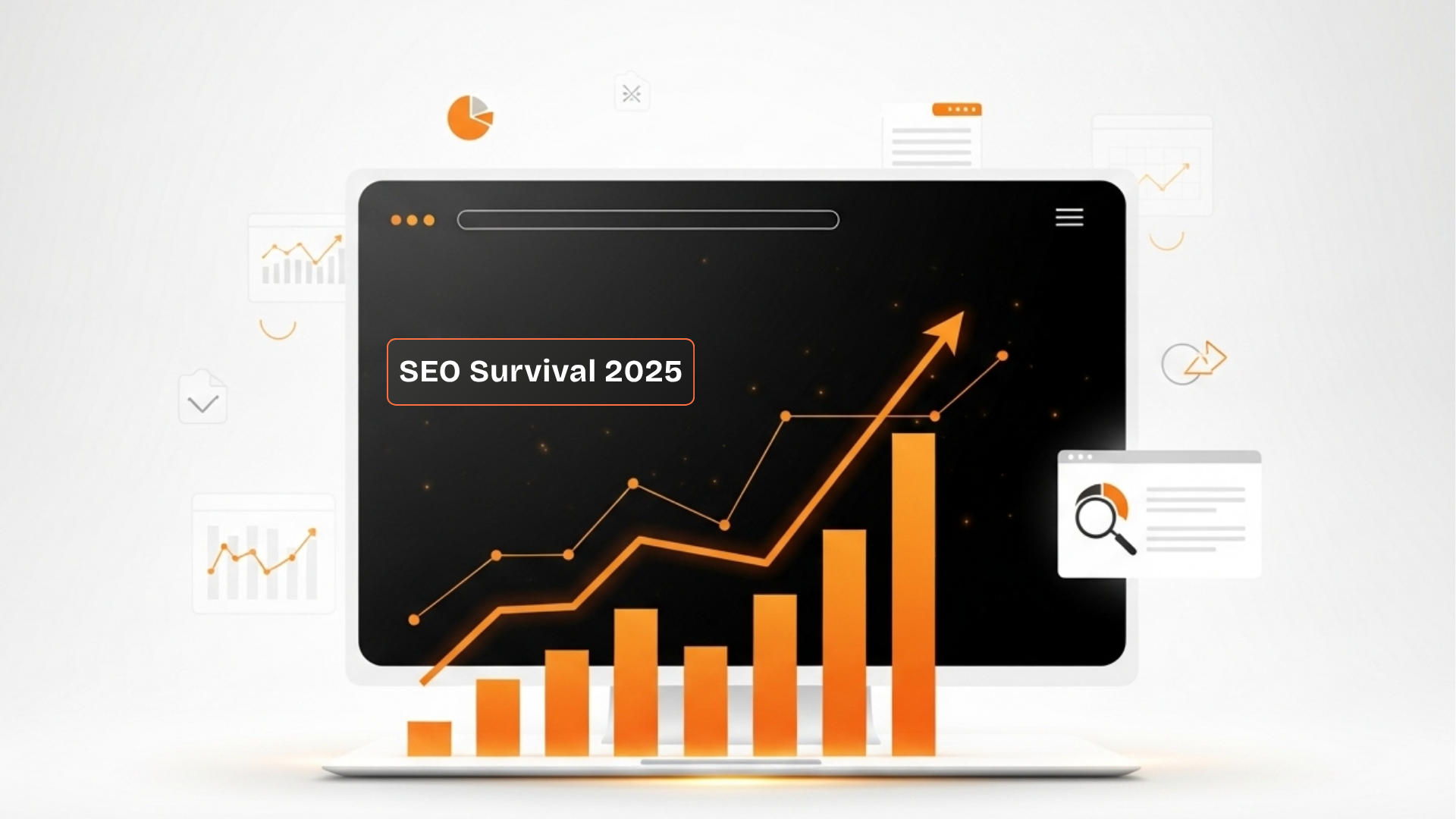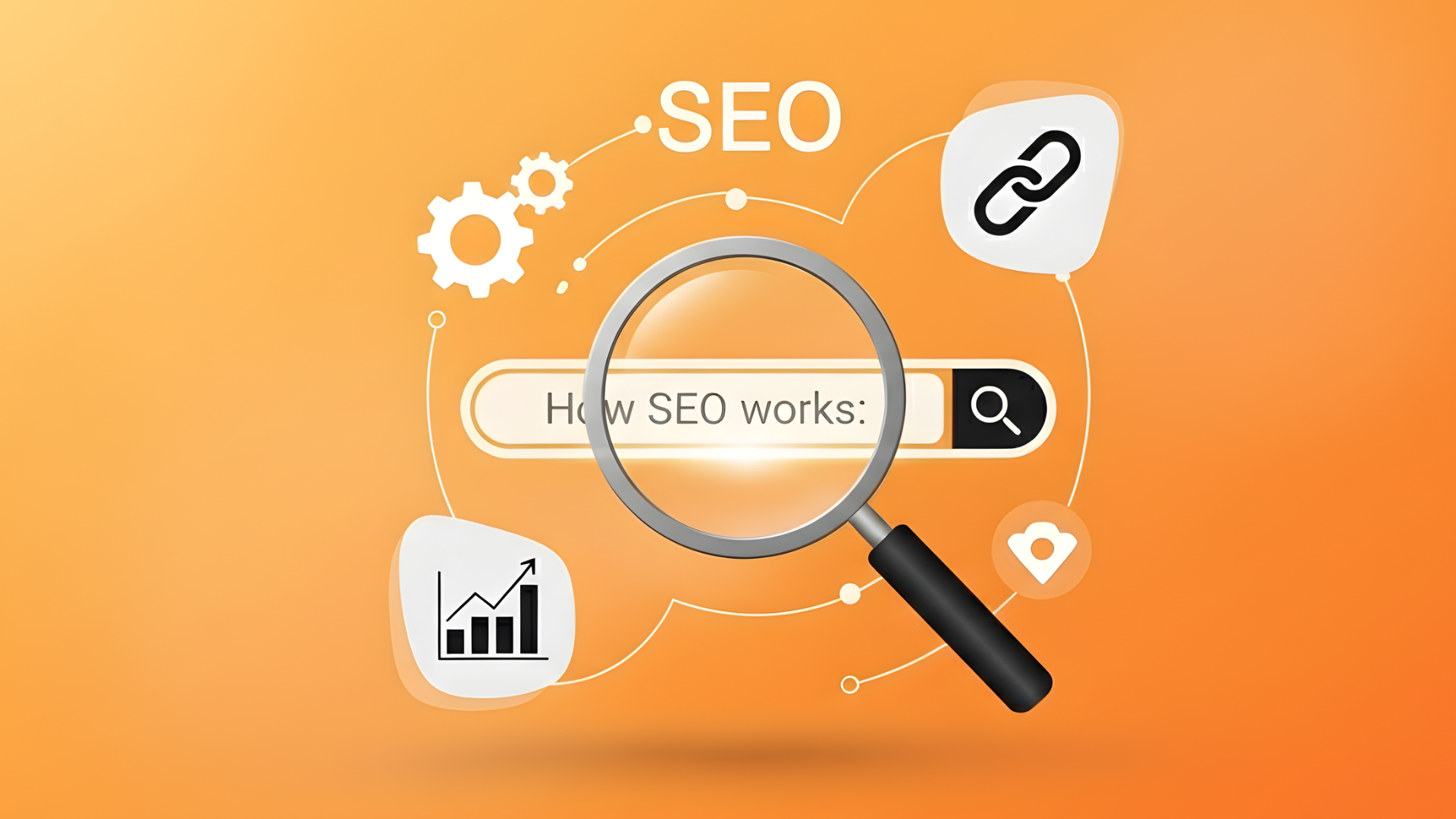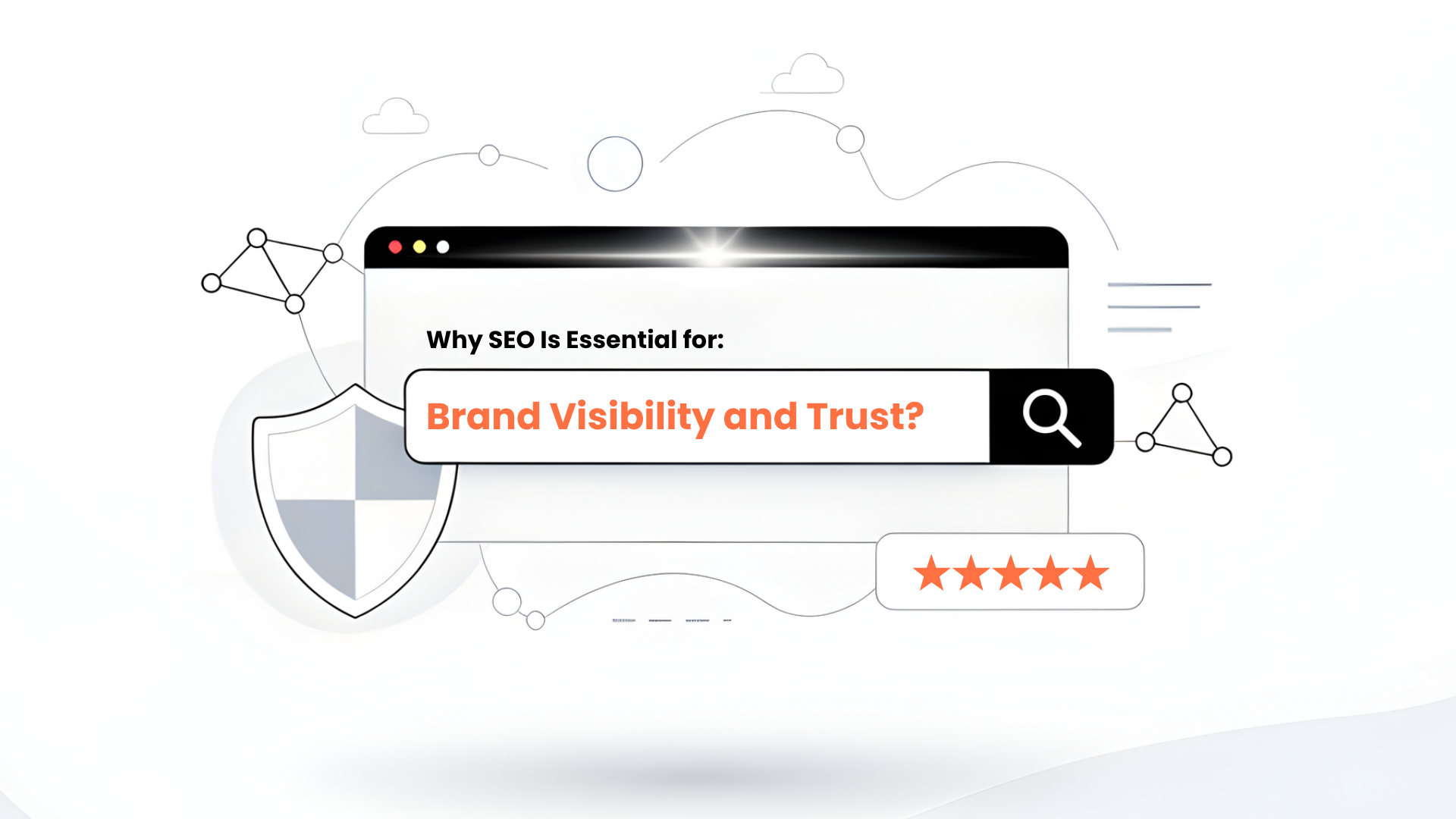By the time 2025 arrived, the digital landscape had already shifted under everyone’s feet. Competition tightened, customer expectations skyrocketed, and brands discovered the hard way that visibility is no longer something you earn eventually; it’s something you need immediately just to stay in the game. Paid ads have become a financial treadmill: expensive, volatile, and increasingly ignored by customers who have grown immune to “Sponsored” labels. Social media reach? Unreliable at best. And word of mouth? Powerful, yes, but painfully slow. In this environment, SEO stands out as the one channel that consistently pulls in high-intent customers without burning a hole in your budget.
The truth is brutally simple: if your business isn’t showing up when people search, it might as well not exist. Whether you’re selling services, software, products, or even running a local shop, the buying journey almost always begins with a search. Customers check reviews, read comparisons, scan FAQs, and evaluate trust signals long before they make contact. And if your brand isn’t visible in those micro-moments, your competitors quietly take the lead. SEO is no longer about ranking; it’s about survival in a digital world where visibility equals revenue.
The 2025 Search Landscape: What Changed?

Let’s address the reality: search has completely transformed. Zero-click search is rising, AI-generated answers dominate screen space, and Google’s ranking signals are more nuanced than ever. Users rely heavily on voice search, micro-moments, and hyper-localized queries. Meanwhile, generative AI platforms like ChatGPT, Gemini, and Perplexity pull answers directly from authoritative sources.
This means businesses aren’t just competing for Google’s first page; they’re competing for answer boxes, AI citations, map rankings, and structured knowledge panels. The result? Average visibility dropped for businesses that didn’t adapt. SEO today isn’t about “earning page one”; it’s about securing every possible digital touchpoint. The rules changed, and only businesses updating their SEO strategy will survive the shift.
What SEO Really Means for Businesses Today?
Most people still define SEO as “ranking on Google,” which is laughably outdated. SEO in 2025 is a complete visibility system, a combination of technical excellence, content depth, brand authority, and user relevance. It’s the architecture behind your online footprint. SEO ensures your website loads fast, answers questions clearly, earns trust from other sites, and stays crawlable even as algorithms change.
It’s also deeply connected with AEO (Answer Engine Optimization), which helps you rank inside AI tools, snippets, voice search, and predictive answers. SEO today means building a brand that search engines recognize as authoritative, not because you want to rank, but because you deserve to.
The Visibility Crisis: Why Businesses Without SEO Don’t Get Found
This is where most businesses fail. They assume “our customers already know us,” yet when those same customers search, they find competitors instead. The numbers don’t lie: more than 90% of clicks happen on the first page of Google, and over half go to the top three positions. If your business sits anywhere beyond that, your visibility drops to near-zero. That’s not a disadvantage; it’s a death sentence in competitive markets.
People compare reviews, read FAQs, check pricing, browse guides, and verify trust before making decisions. If your business isn’t appearing at those decision moments, you’re losing revenue quietly and consistently. SEO fixes that visibility gap and puts your business where the buying decisions actually happen.
SEO as the Most Cost-Effective Channel in 2025
Paid ads have reached a painful reality: higher CPC, lower ROI, and shrinking attention from users who instinctively ignore sponsored results. Every quarter, advertisers pour more money just to maintain the same traffic levels, a treadmill that never stops. SEO, on the other hand, is the one acquisition channel that compounds instead of inflates.
Once you build rankings and authority, the traffic continues without paying for every click. It lowers your customer acquisition cost, stabilizes your pipeline, and gives you leverage even when your ad budget hits zero. No business can rely on paid ads forever. SEO is what protects a brand against rising costs and unpredictable algorithm changes.
How SEO Drives High-Intent Traffic?
Not all traffic is equal, and SEO brings the most valuable kind: people actively looking for solutions. Someone scrolling through social media isn’t trying to buy anything, but someone searching “best tax accountant near me” or “email marketing software pricing” is already halfway to a decision.
SEO captures this demand at the perfect moment, when intent is highest. In local businesses, SEO triggers calls, bookings, and visits. For SaaS brands, it drives signups and trials. For e-commerce, it triggers purchases. Businesses grow faster not because SEO brings more traffic, it brings the right traffic.
SEO Builds Trust, Authority & Brand Credibility

Here’s the psychology no one admits: people trust what Google trusts. When your website ranks high organically, users assume you are the better, safer, more reliable option, even if your competitors spend more on ads. Google’s E-E-A-T framework (Experience, Expertise, Authoritativeness, Trustworthiness) has become a major ranking factor, which means businesses need real content quality, real credibility, and real user trust.
SEO helps build all three. This authority fuels better conversions, stronger retention, and higher brand loyalty. In 2025, authority isn’t a buzzword; it’s a revenue driver.
SEO Supports
Buyers rarely convert on the first touch. SEO ensures your business appears at every step: awareness through blogs and informational content, consideration through comparison pages and FAQs, and decision through optimized service pages, reviews, and local listings. It quietly nurtures customers from curiosity to confidence.
That’s why SEO-driven leads convert more smoothly; the customer feels informed rather than sold to. A well-designed SEO ecosystem turns your website into a silent salesperson that works 24/7.
Local SEO
In 2025, “near me” searches are exploding, and Google Maps has become the new storefront. Businesses that show up in the local pack get calls; those that don’t simply disappear from consideration. Local SEO powers everything: reviews, maps ranking, proximity signals, photos, categories, and service visibility.
Whether you run a dental clinic, a restaurant, a plumbing service, a therapy center, or a retail shop, local SEO is the difference between a fully booked calendar and an empty store. It’s your digital reputation translated directly into real-world customers.
SEO and AI Search
We’re entering a world where ChatGPT, Gemini, Perplexity, and AI Overviews can answer questions without showing a single blue link. Does this kill SEO? No, it elevates the playing field. AI models pull answers from authoritative, structured, trustworthy websites.
This means businesses with strong SEO, schema markup, clean page structure, and high-quality content will be featured more often in AI search results. SEO is evolving into AEO (Answer Engine Optimization), and companies that adapt now will dominate the next era of digital search.
Mistakes Businesses Make About SEO
Business owners often sabotage their SEO by treating it like a short-term project or expecting overnight miracles. They publish random content without a strategy, ignore technical issues slowing down their site, chase spammy backlinks, or believe their website is “fine” when it’s actually invisible to Google.
Another trap? Stopping too early. SEO compounds, but only when maintained consistently. The businesses that fail at SEO are the ones that treat it casually. The businesses that win are the ones that treat it seriously.
What Happens When You Invest in SEO Consistently?
When a business commits to SEO the right way, results grow in layers. First comes improved rankings. Then comes increased traffic. Then authority builds. Then conversion rates rise. Then acquisition costs drop.
Soon, the website becomes a revenue engine that operates even during holidays, nights, and off-seasons. SEO turns into a compounding asset, appreciating month after month. That’s why top-performing brands treat SEO not as an expense but as digital real estate.
Conclusion
As we step deeper into 2025, one thing becomes painfully clear: the businesses that survive aren’t the ones with the biggest budgets or the flashiest ads; they’re the ones that stay visible, relevant, and trusted every single day. SEO is the infrastructure that makes that possible. It puts your brand in front of customers at the exact moment they’re searching, comparing, evaluating, and ready to buy. No ad platform can guarantee that level of intent. No social campaign can match that consistency. And no amount of “boosted posts” can replace long-term visibility.
SEO doesn’t just help businesses grow; it gives them stability in a world where digital channels change overnight. It lowers acquisition costs, strengthens credibility, dominates local and AI-driven search, and builds authority in ways that paid ads simply cannot replicate. When executed properly, SEO becomes a compounding asset, an engine that keeps generating traffic, leads, and revenue long after the initial work is done. The hard truth is this: ignoring SEO in 2025 isn’t a strategic choice; it’s a slow exit from the marketplace. Customers won’t wait, competitors won’t slow down, and search engines won’t magically favor you.
SEO has become critical in 2025 because customer behavior has dramatically shifted toward search-first decision-making. With rising ad costs, AI-driven search answers, and fierce competition, brands must appear in search results to stay relevant.
Realistically, very few can. Without SEO, your online visibility collapses, your competitors dominate local and organic search, and your customer acquisition becomes fully dependent on paid ads.
Most businesses begin seeing early improvements in 2–4 months, but the strongest growth happens between months 6–12. SEO isn’t slow; it’s strategic.
Yes, more than ever. AI models pull answers from authoritative websites, structured content, and trusted sources. Businesses with strong SEO, schema markup, and high-quality content are the ones featured in AI search results.
Absolutely. Local SEO is the lifeline for small and mid-sized businesses. Google Maps, “near me” searches, and local reviews directly affect calls, appointments, and walk-ins.


